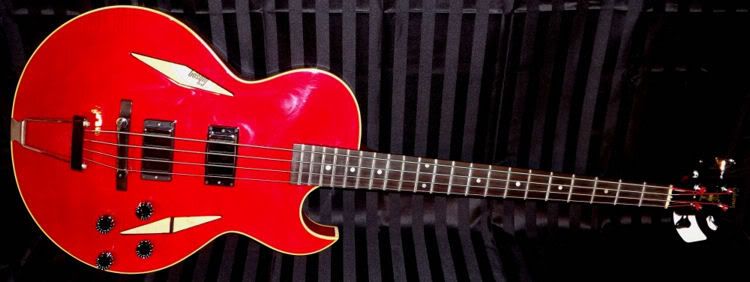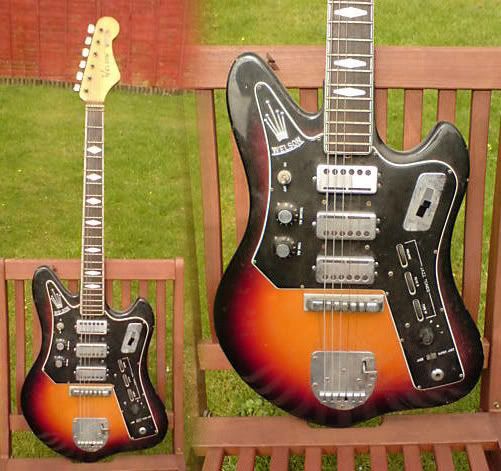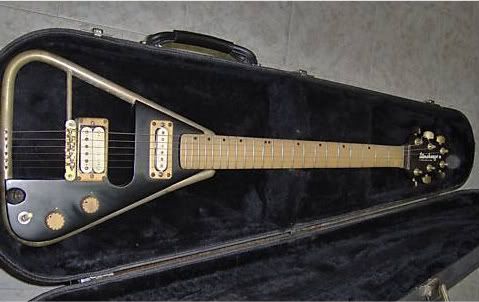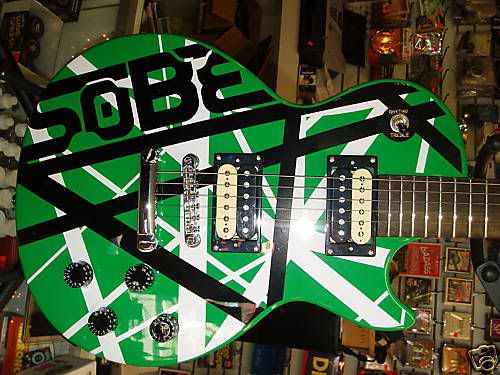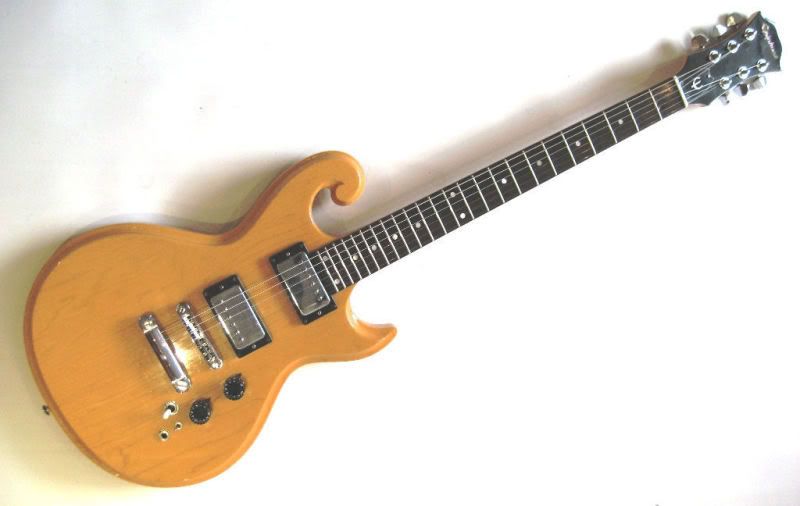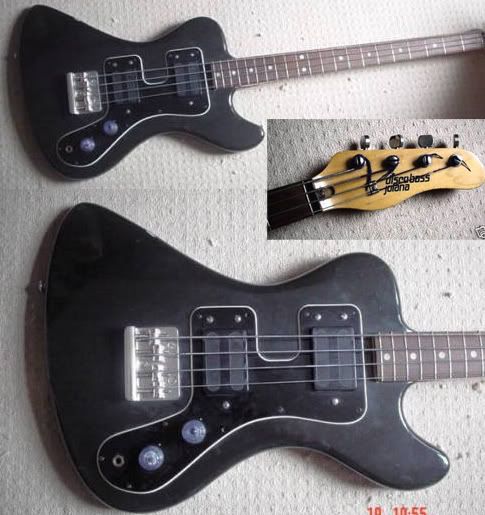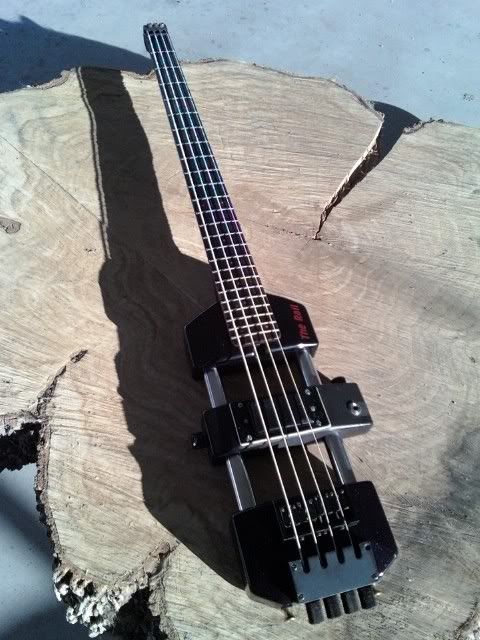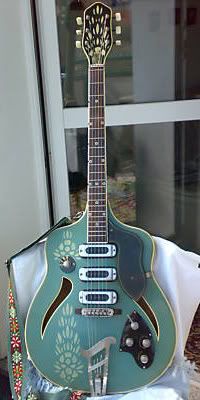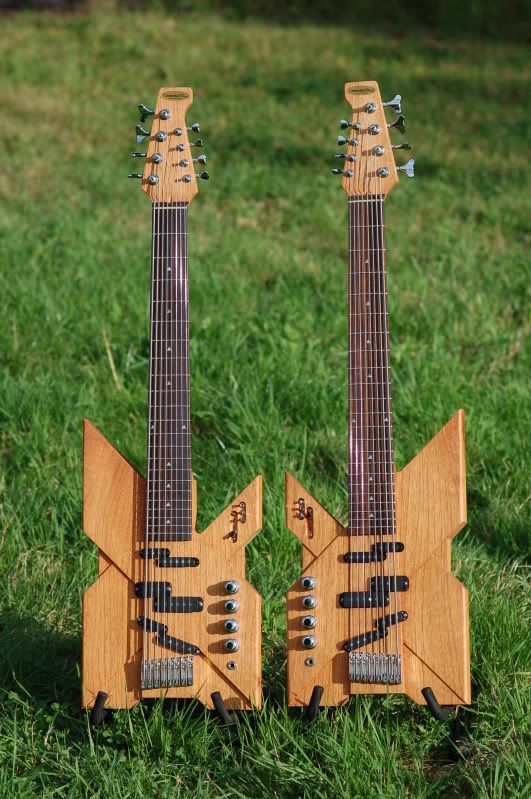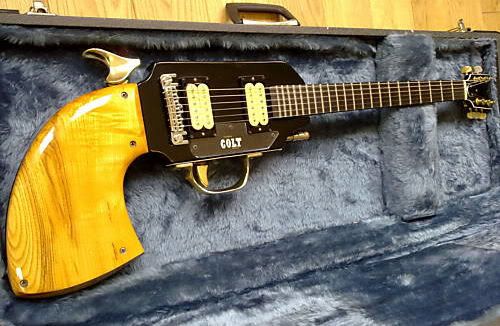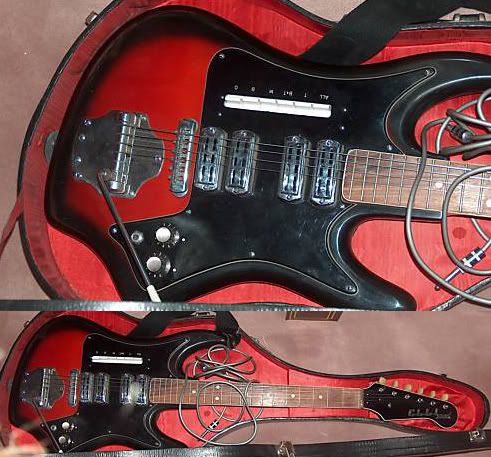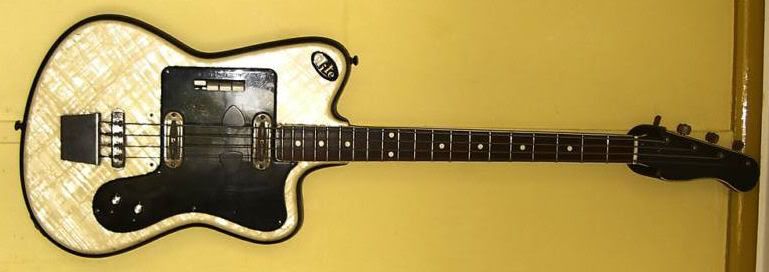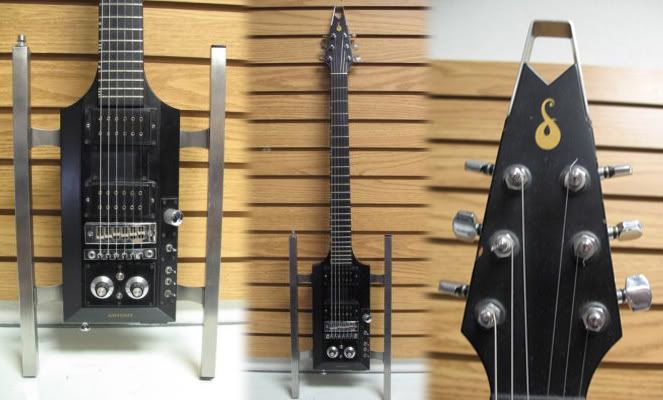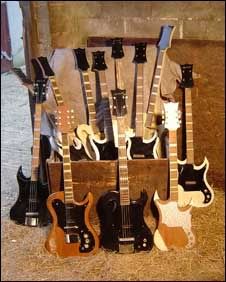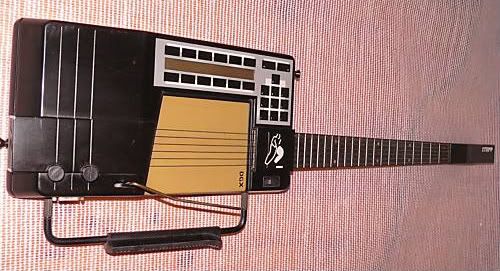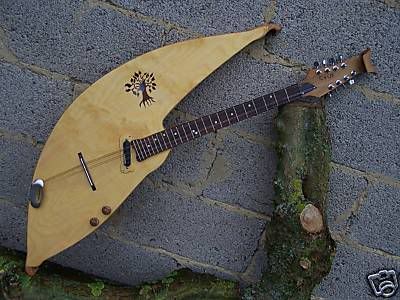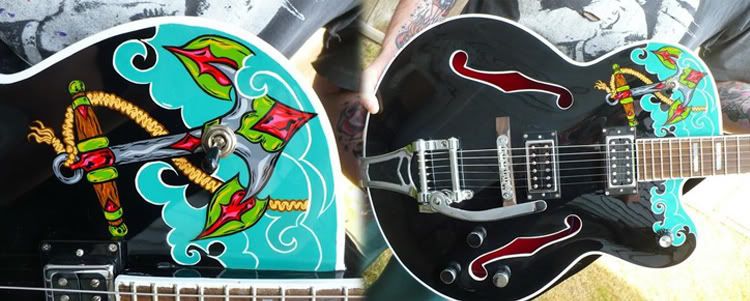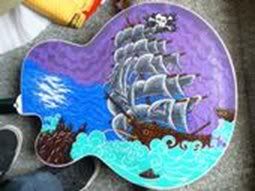The collection has changed a lot since I last featured an item on my own guitars on this blog. Here is the collection as it currently stands after having sold a few guitars recently (warning BIG pictures):
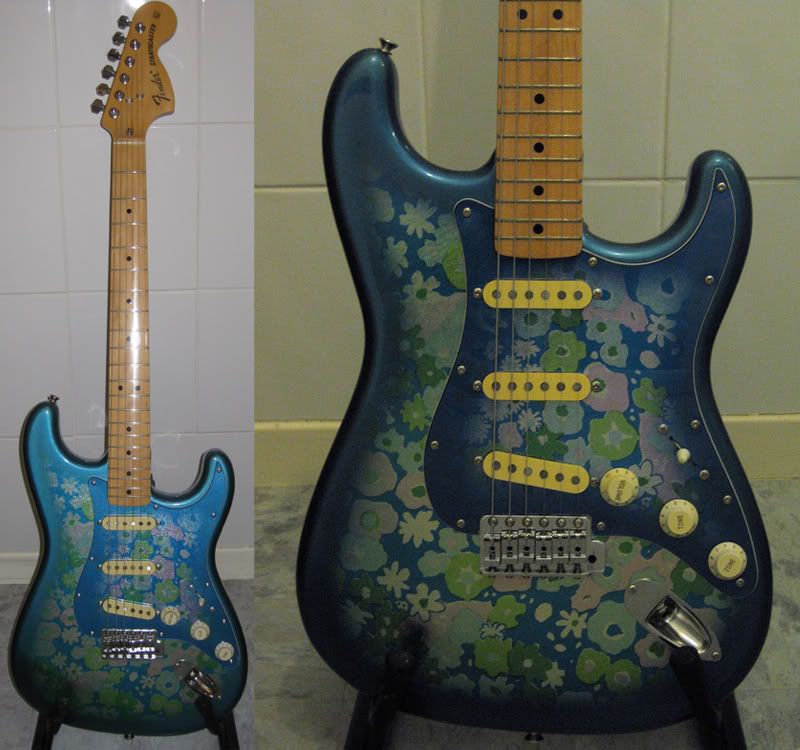
Fender Japan Blue Flower 70s style Strat circa 1988. Bought approx over one year ago - it had one lady owner previously who had played it once then put it away in its case for years, so it's in mint condition. Not to be confused with the more recent inferior re-issues.
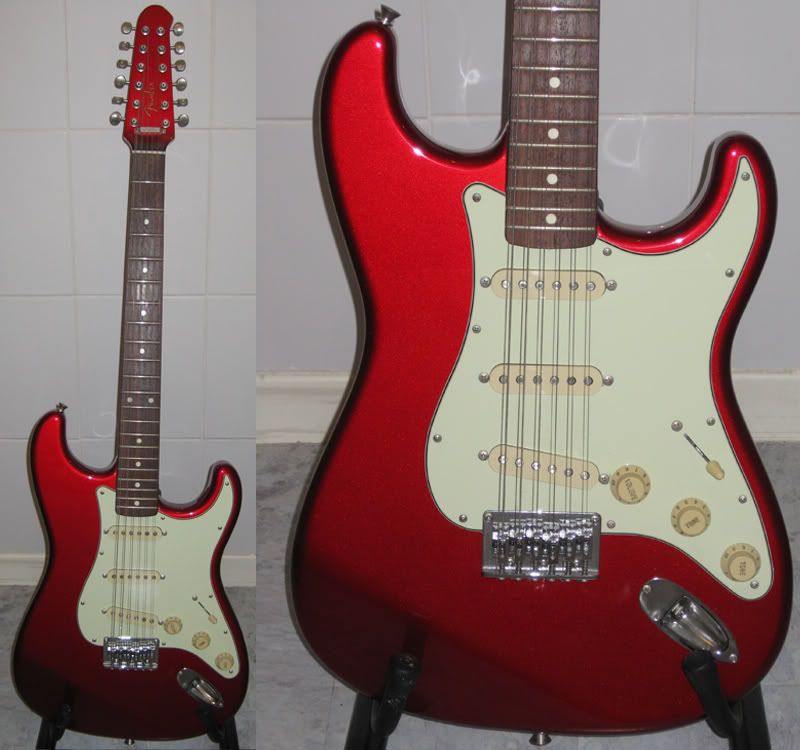
Fender Japan candy apple red 12-string Strat
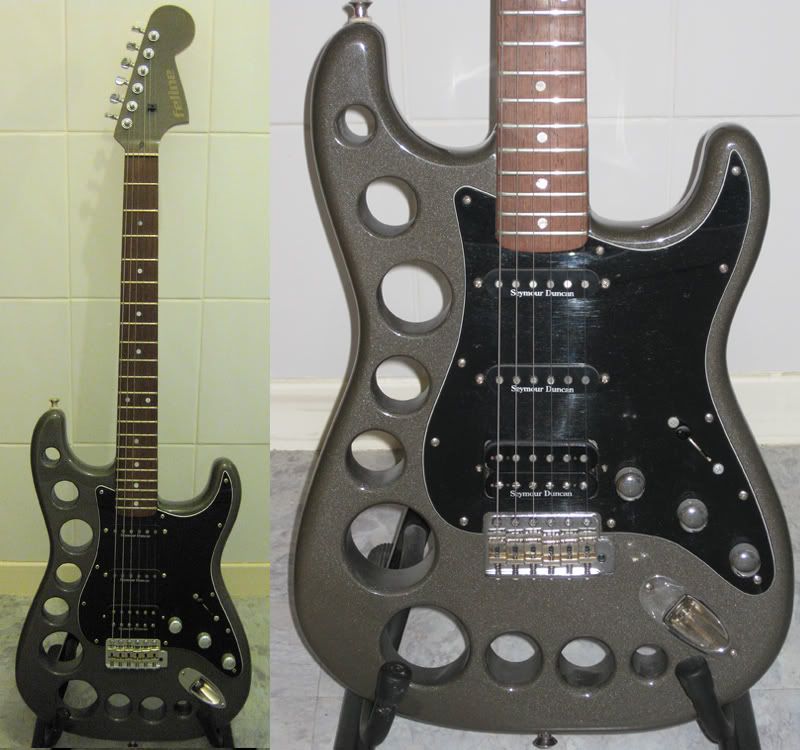
Feline Holy Panther - built by Feline guitars of Croydon using an original 1970s Fender body. Inspired by Russ Ballard's guitar.
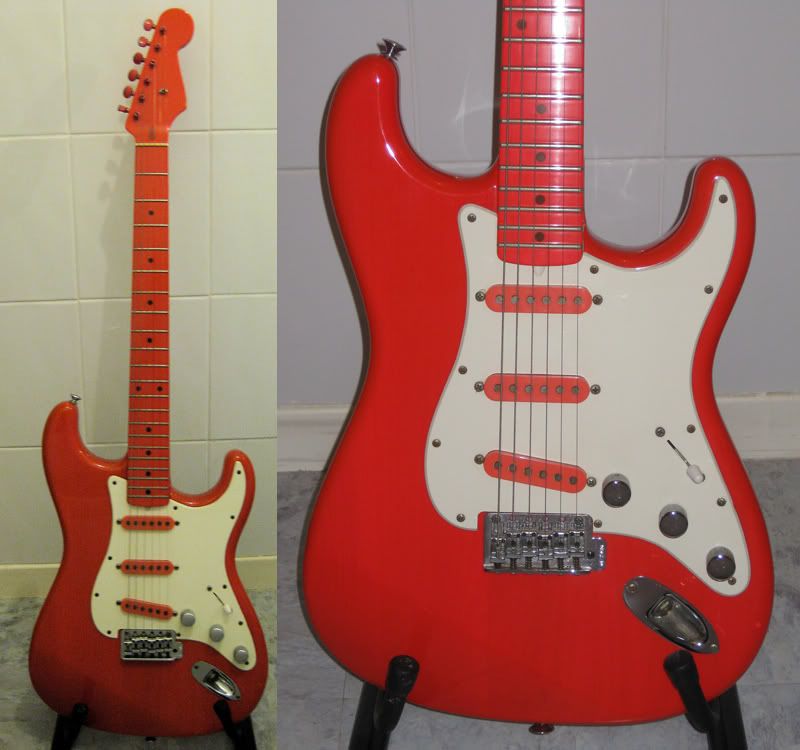
DiMarzio one-off "Red Beauty" built for 1984 NAMM trade show. Read more
here.
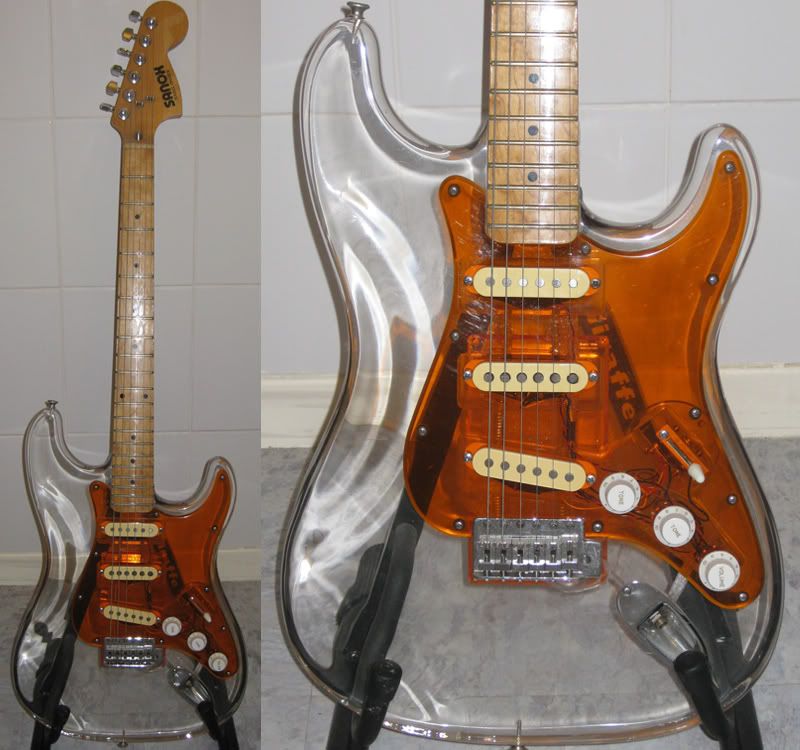
Sanox Sound Creator plexiglass bodied Strat-type guitar. Made in Japan in the 1970s.
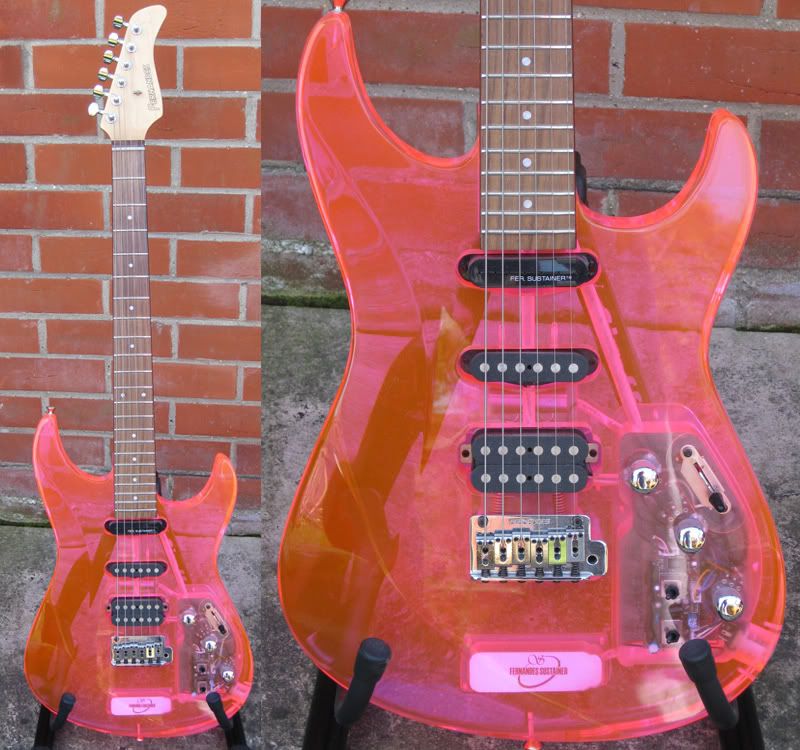
Fernandes Pink Plexiglass Sustainer Guitar. Totally unique. One-off guitar made for the trade shows. VERY heavy. Has far more sustain than other Fernandes guitars I have played.
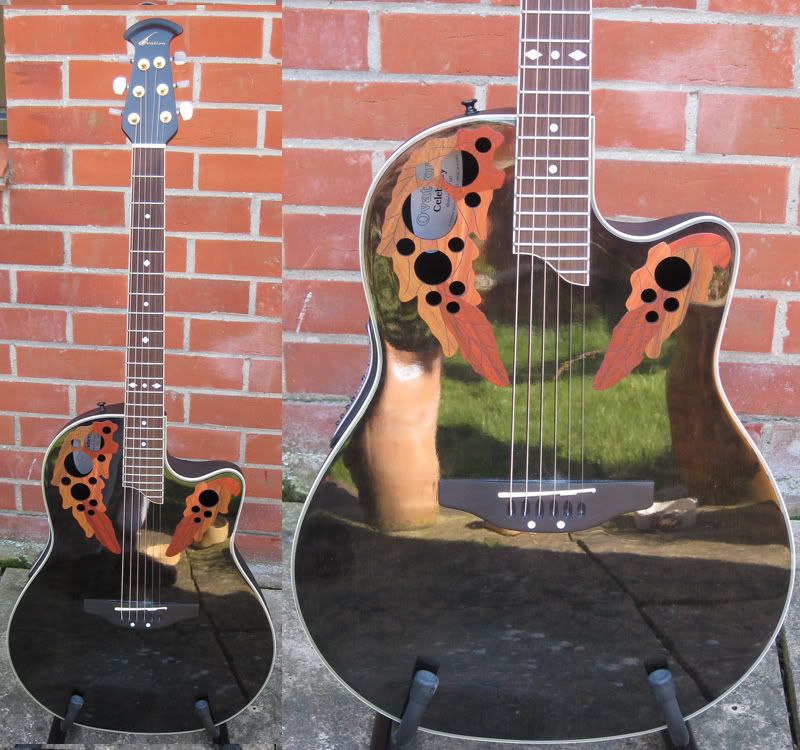
Ovation Celebrity acoustic. I can't remember the model number off the top of my head. Names are always much easier to remember. Nice sound and the built-in tuner is a god-send, but the action's a little high for my tastes.
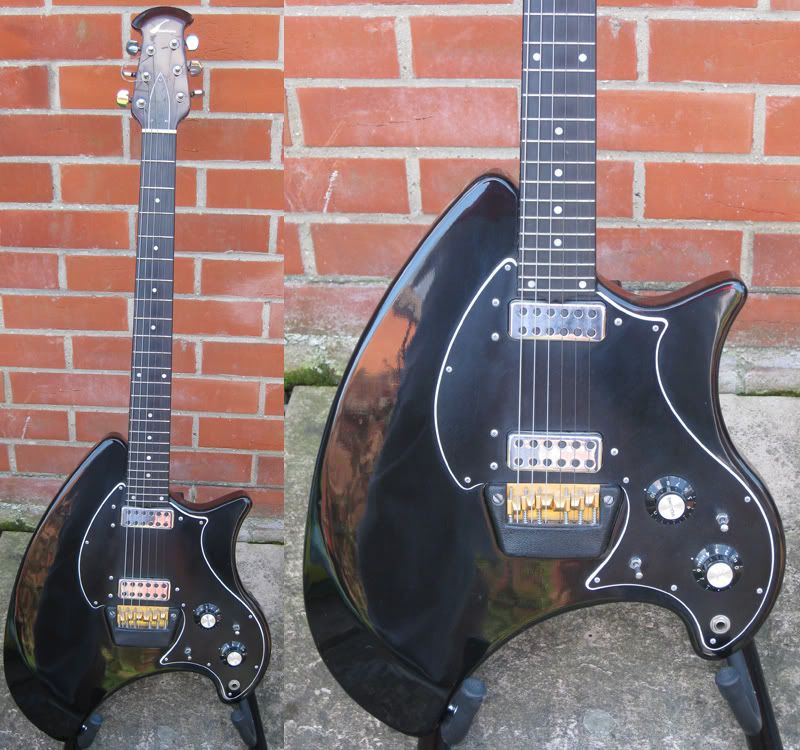
Ovation Breadwinner - circa 1976. A true classic - the first truly ergonomically designed guitar - first production guitar with active electronics and 24-fret neck. Note glossy black finish and small scratchplate.
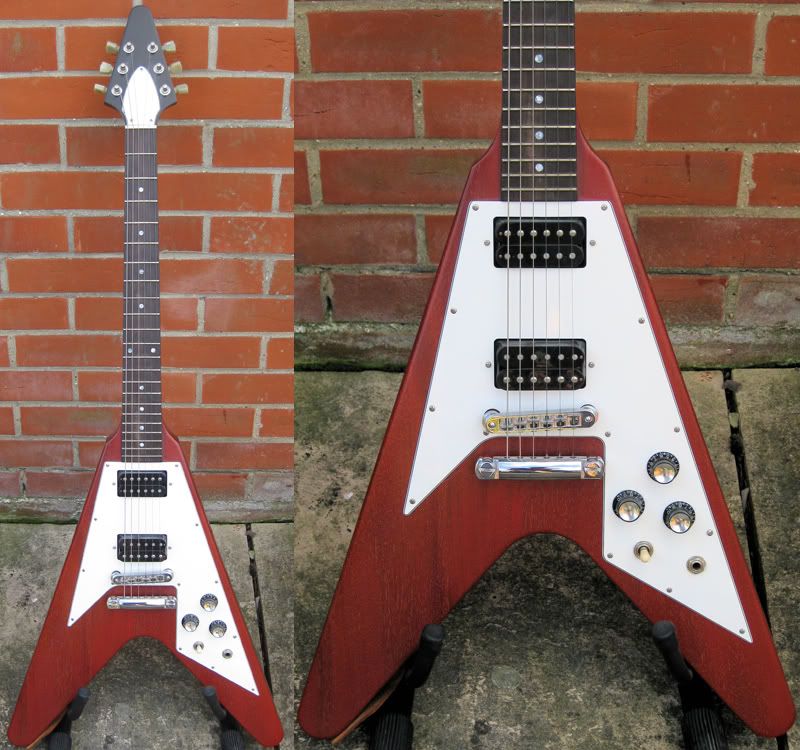
Gibson Flying V Faded Cherry, circa 2004.
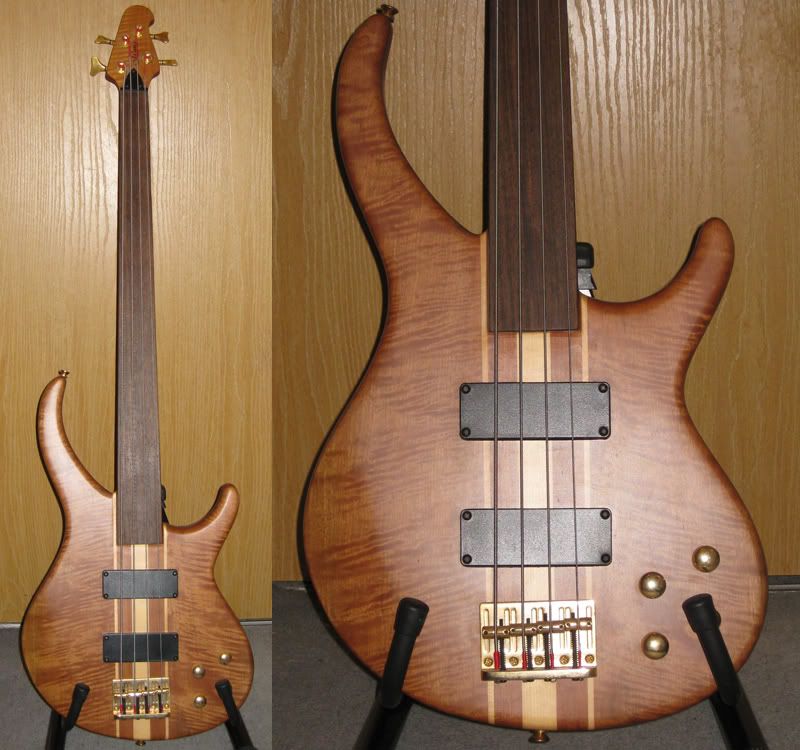
Mania Fretless Bass. Bought to replace my Mexican-made Fender Jazz Bass fretless which I never got on with. Thru-neck, lovely woods, lovely sounds... (with roundwound strings, btw. I know a lot of people put flatwounds on a fretless because they are scared of marking the fingerboard but they sound like crap. Use roundwounds and the bass literally sings.)
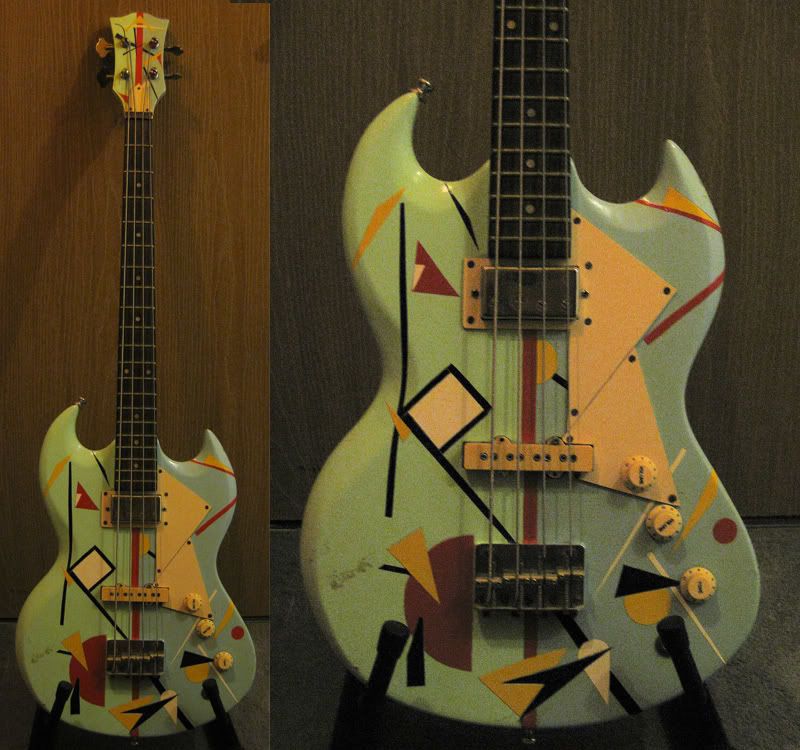
Short-scale EB0-bass, probably Japanese, early 70s. No, it wasn't me who painted and decorated it. Cheesy-looking but nice sound - particularly from neck pickup.
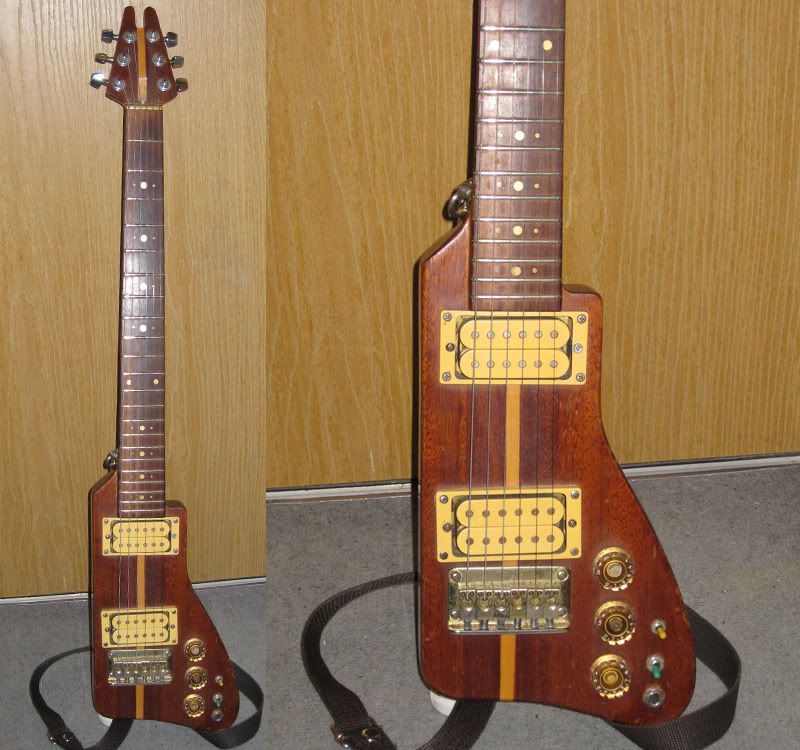
Kay K45 Travel Guitar. Thru-neck construction, DiMarzio designed pickups, brass hardware. Circa 1980s.
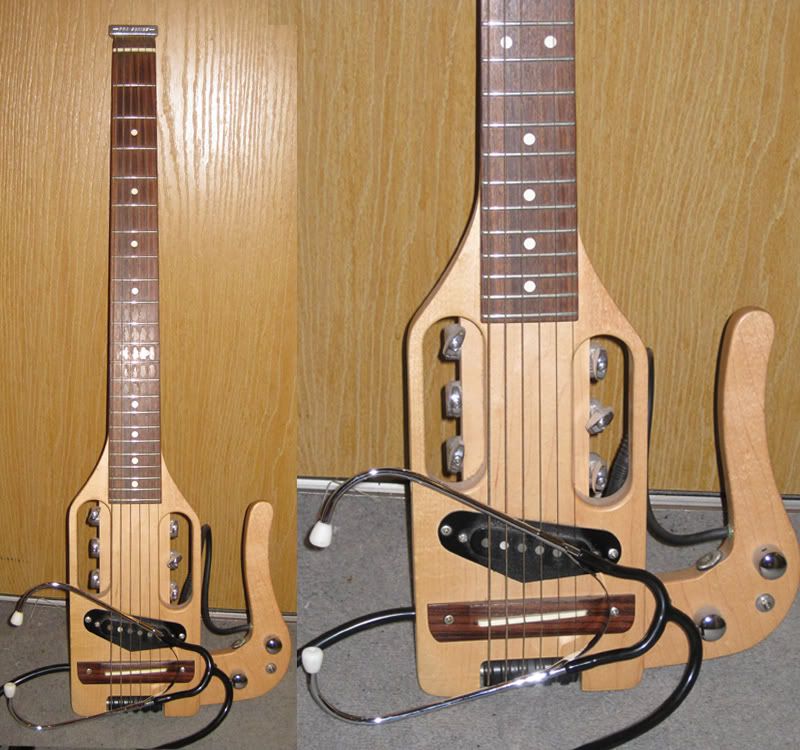
Traveler Pro Series travel guitar. Features magnetic single-coil pickup, piezo pickup under bridge for acoustic sound, plus "stethophones" which pick up sound from internal diaphram under bridge which lets you privately practice totally acoustically. Made in USA.
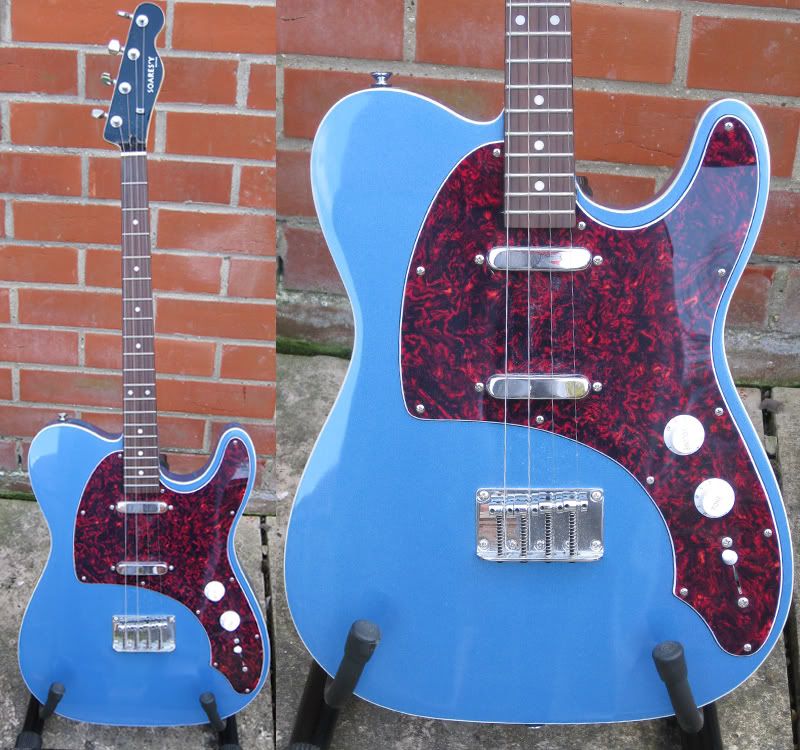
Yup! It's only got 4 strings. (No - it's NOT a bass). It's a tenor guitar. Very limited edition in Telecaster styling from Soares'y Guitars.
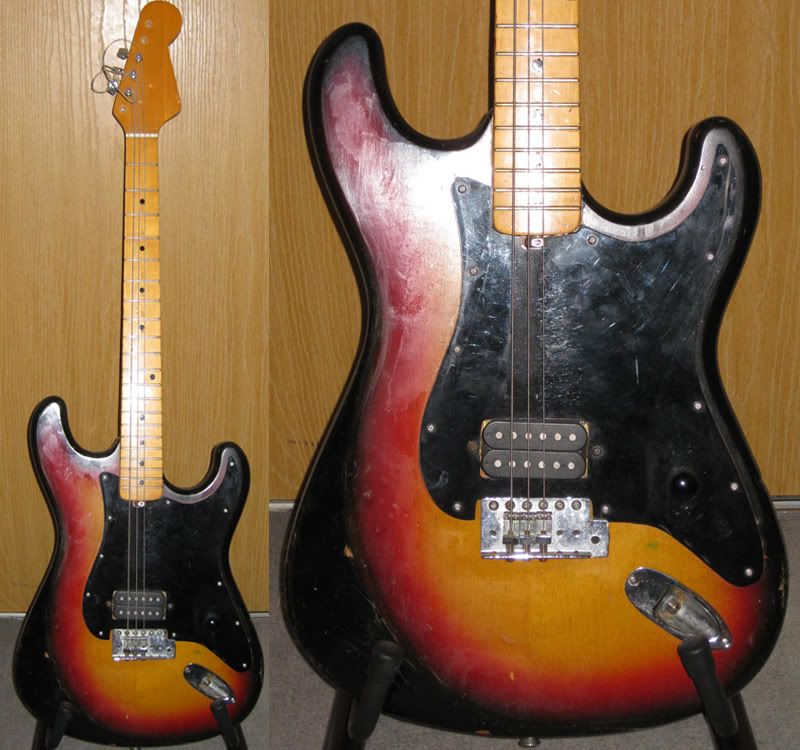
Guitbass. Three-stringed guitar as used by The Presidents of the United States of America. I built this from parts from an old Japanese Strat copy, Epiphone humbucker, plus various other bits and pieces that I had in my box of bits. The three strings are tuned C#, G# and C# (octave higher than the low C#). Looks like sh*t but sounds great.
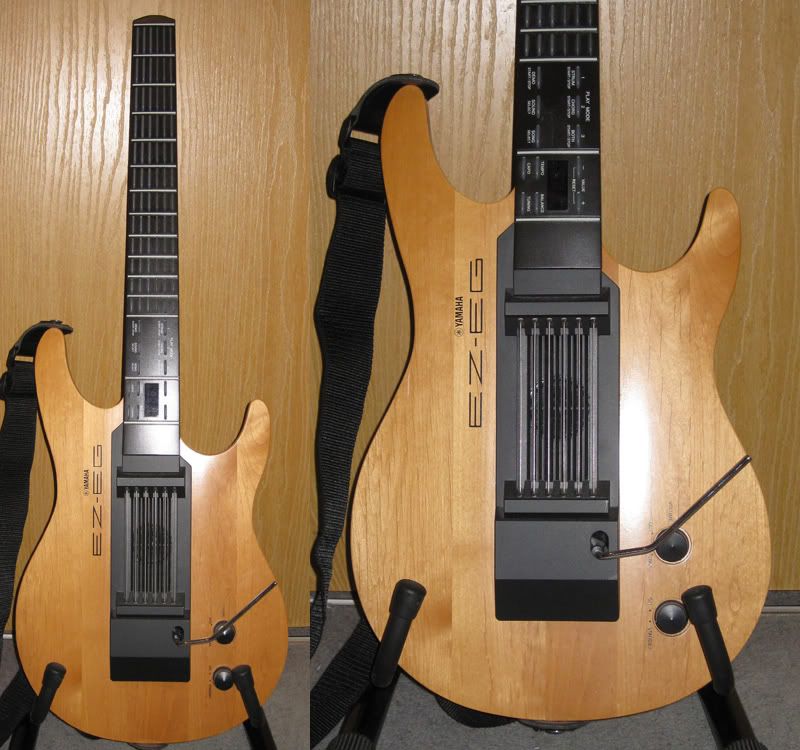
Yamaha EZ-EG. Not really a guitar at all, but a guitar-shaped synth-controller. Has on-board sounds and can connect to other synths via MIDI. The right-hand has picking "strings" and the left hand has buttons laid out for each of the strings at 12 fret positions, so you can indeed play it like a guitar.
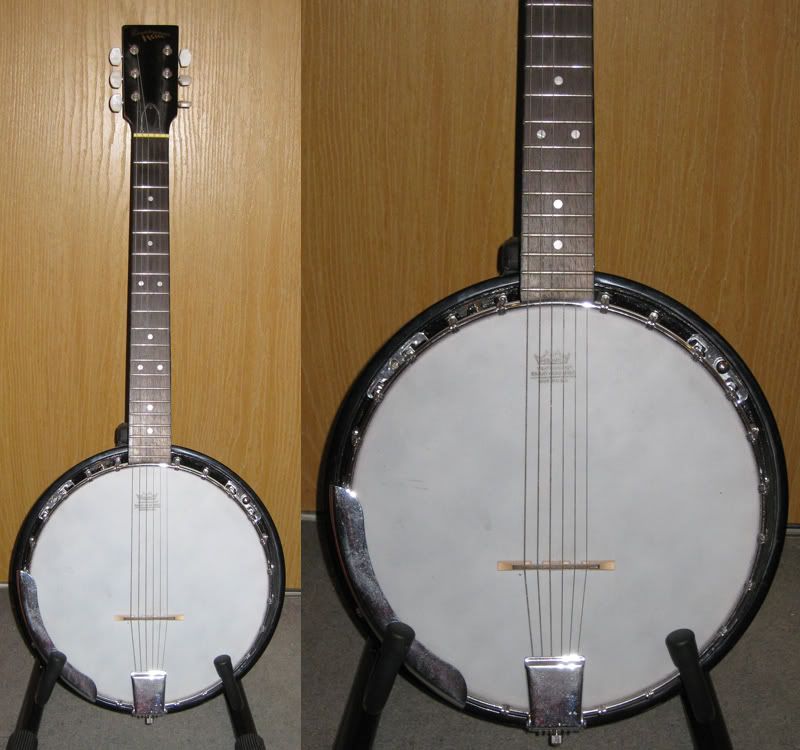
Countryman 6-string banjo. Banjo players would call it a guitar and guitar players would call it a banjo! It's a banjo, but with six strings so that a guitarist can use regular guitar tuning and get a banjo sound. Very loud.
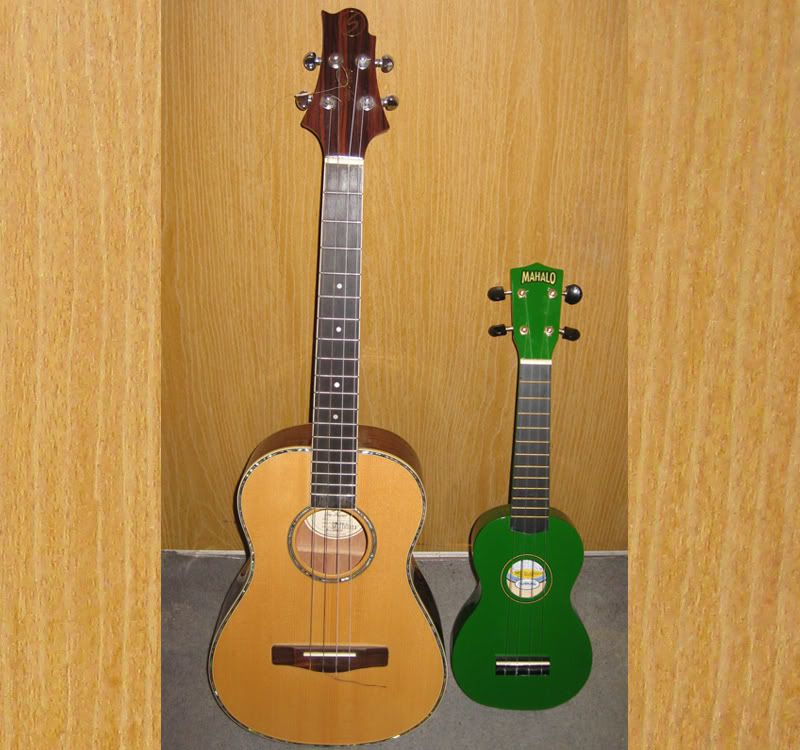
My ukuleles. Greg Bennett baritone ukulele on the left and Mahalo soprano on the right. The soprano is a bit small for my large fingers, but I love playing the baritone.
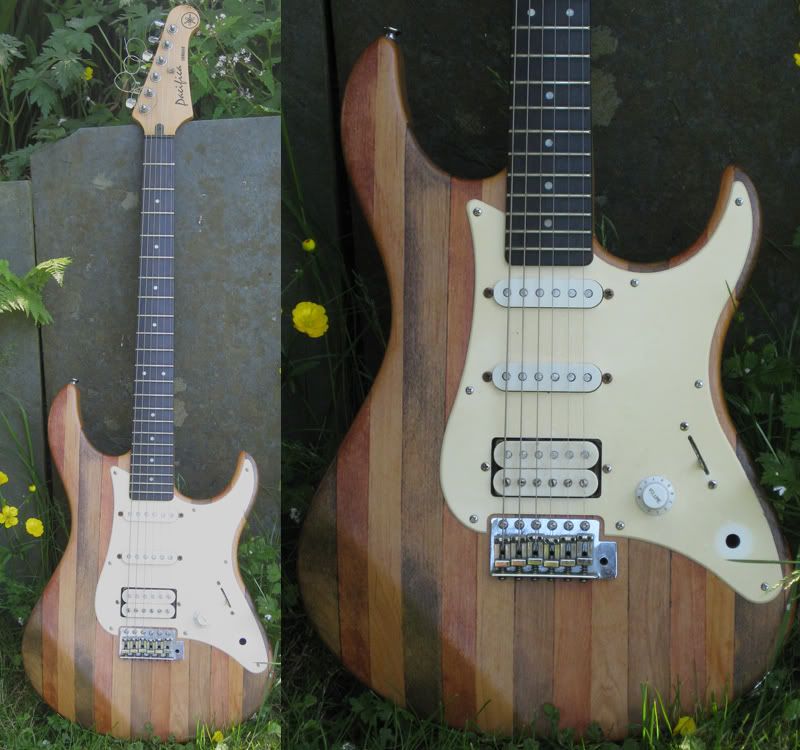
Yamaha Pacifica. Bought in pieces, refinished and re-assembled my me. The striped "deckchair" look was an experiment with three different colour oil finishes and some tape! It's far from perfect but I quite like it. There is no tone control because I prefer it that way. (OK, truth be told, it fell off when I was removing the electrics from one broken pickguard to a second pickguard, and I couldn't be arsed re-soldering it on, but as I never use passive tone controls anyway this was no big deal). This guitar is actually a really nice player. It intones well and has a nice action. Perhaps it would benefit from some hotter pickups but they would cost me way more than the rest of the guitar. This is the guitar that I keep at my parents' house in Wales and which largely makes the travel guitars redundant. I also have the body and neck of another Pacifica which needs re-building. (An unfinished project - or perhaps that should say an unstarted project?)
Other guitars that I have owned and sold on include:
Vox Standard 25
Vox Clubman II guitar (later converted to fretless)
Westone Thunder I-A fretless bass
Eko Ranger XII 12-string acoustic
Eko mando-guitar
Aria Elecord FET-DLX electro-acoustic
Aria Legend Plexiglass Jazzmaster
Fender Japan Stratocaster pink paisley (circa 1988)
Fender Japan Telecaster pink paisley (early 1980s)
Fender Japan Stratocaster Antigua re-issue
Squier Stagemaster 7-string
Fernandes Revolver Pro with Sustainer
Fernandes Native Pro with Sustainer
Bass built with parts from Brandoni guitars
Sakai EB0-style shortscale bass
Avon EB0-style shortscale bass
Fender Jazz Bass Fretless (Made in Mexico)
Two or three Strat-a-likes self-built from spare parts
Top 20 (Woolworths) guitar complete with vibrato arm
Cheap but nice Telecaster copy
Tele-style guitar self-built from spare parts
Silvertone (Harmony?) Archtop acoustic
Unidentifiable Archtop acoustic
Washburn Idol WI64
Epiphone Les Paul Junior
Teisco MJ2
Danelectro Convertible
Danelectro 56'U2
Danelectro 12+6 doubleneck
...plus a couple of other cheapies that I didn't keep for very long.
 Fender have never made a production model doubleneck guitar (yes, there have been Custom Shop doublenecks), but that never stopped some of the Japanese manufacturers from the 1970s from having a go at combining two Fender designs into one.
Fender have never made a production model doubleneck guitar (yes, there have been Custom Shop doublenecks), but that never stopped some of the Japanese manufacturers from the 1970s from having a go at combining two Fender designs into one. 
